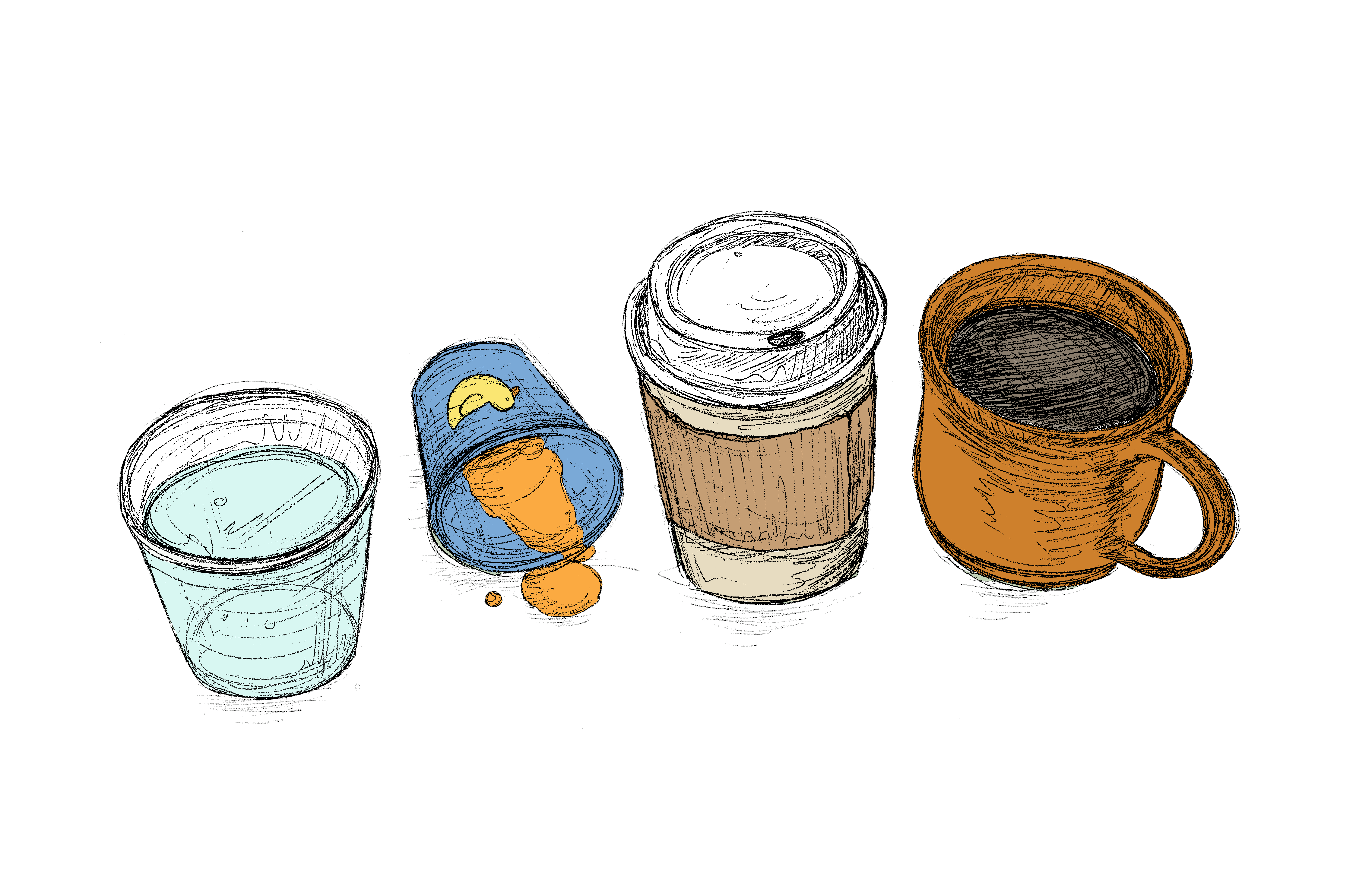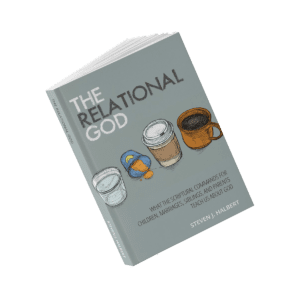Opener: While teaching through Colossians, I came across two difficult verses. Colossians 1:23-24 is disturbing at first glance, claiming that Paul is “filling up what is lacking in Christ’s afflictions.” However, upon closer examination, the text is actually rich with meaning.
Introduction
I have been teaching through the book of Colossians over the past 5 weeks. This week we reached verses 23 and 24 of chapter 1. I was not looking forward to teaching these verses, because, upon first read, they seem out of character with evangelical theology. Yet, Scripture should drive theology; not theology Scripture, so in I dove!
21 And you, who once were alienated and hostile in mind, doing evil deeds, 22 he has now reconciled in his body of flesh by his death, in order to present you holy and blameless and above reproach before him,23 if indeed you continue in the faith, stable and steadfast, not shifting from the hope of the gospel that you heard, which has been proclaimed in all creation under heaven, and of which I, Paul, became a minister.
24 Now I rejoice in my sufferings for your sake, and in my flesh I am filling up what is lacking in Christ’s afflictions for the sake of his body, that is, the church, 25 of which I became a minister according to the stewardship from God that was given to me for you, to make the word of God fully known, 26 the mystery hidden for ages and generations but now revealed to his saints.
Colossians 1:21-26 ESV
Christ’s Part / Our Part
In this section of Colossians, the first thing I noticed was the repetition of the word “flesh” (in blue above). So my first question to the text was, “What did Christ’s “flesh” accomplish and what did Paul’s flesh accomplish?
Christ’s Part
According to verses 21 and 22 of Colossians 1, Christ’s flesh has accomplished reconciliation and the presentation of the saints as holy and blameless and above reproach before him.
Our presentation as holy, blameless, and above reproach is a concept full of symbolism that is echoed throughout the first chapter.
- Verse 4 references “the saints.” The word translated “saint” is hagios. This word refers to something that is holy or set apart.
- Verse 19 references the fullness of God dwelling in Christ. Where else does the fullness of God dwell? The tabernacle (Exodus 40:34), the temple (1 Kings 8:11), and the rebuilding of the temple (Ezekiel 44:4) were all filled with the fullness of God. And now, the fullness of God dwells in Christ. He is the temple of the Lord, and He presents us as “living sacrifices” (Romans 12:1). The language often used for sacrifices is “holy,” “blameless,” and “above reproach.”
Christ’s flesh is effectual for the reconciliation and the presentation of the saints as above reproach before God. But we still need to answer, “What does Paul’s flesh accomplish?”
Our Part
According to verse 24 of Colossians 1, Paul’s flesh accomplishes service to the saints through suffering.
Suffering is another concept that is echoed throughout the first chapter.
- Verse 11 references that we are “strengthened with all power, according to his glorious might, for all endurance and patience with joy.” And for what are we to endure and have patience?
- Verse 9 indicates that we are to grow in knowledge, wisdom, and understanding.
- And in Verse 10 we learn that this will lead to a worthy walk and the bearing of fruit.
- Thus the part of Christ’s affliction that is lacking is our part in sanctification in the here-and-now. And so we come to verse 23. Verse 23 has echoes of verse 11 as it encourages us to “continue in the faith, stable and steadfast, not shifting from the hope of the gospel that you heard.”
- This is the language of Verse 4: “. . . your faith in Christ Jesus and of the love that you have for all the saints, because of the hope laid up for you in heaven.”
- Faith, hope, and love are what comes from the worthy walk and bearing of fruit from verse 10 (which, you’ll remember, is a result of knowledge, wisdom and understanding from verse 9).
- This is our part. This is what is lacking in Christ’s afflictions. Our sanctification. And this is what Paul is “steward[ing]” in Verse 25. This is what he proclaims, warns, and teaches everyone about in verse 28 for the purpose of “present[ing] everyone mature in Christ.”
Now here is where it get’s good.

The Union of the Two
Verse 15 through 20 of Colossians 1 are often called “The Christ Hymn.” And what is the purpose of a hymn?
It leads to worship.
Christ’s flesh is effectual for our right-standing before God. Paul is now stewarding how that should play out in the life of the saint going forward.
Yet, even though Christ is not here, He is the root of that ability!
- Verse 11 shows us that the strength and power to do our part actually comes from God. And Paul reminds us that God’s power is demonstrated through Christ (vv. 12-20).
- Verse 29 reiterates this power, as Paul reminds the Colossian church that this same power is how he does what he does.
- Verse 27 culminates the passage by indicating that the entire reason we can even take these actions is “Christ in you, the hope of glory.”
He is the power behind our ability to walk in faith, hope, and love (v. 1:11), and it is His life in us that is the root of our hope (v. 1:27).
Maranatha! Praise the Lord!
Additional Resources
If you enjoyed this post, you may also enjoy my book on relational theology.
Additional Thoughts
This post is part of a series on Difficult Theology. As I teach or study certain passages and topics, I find it helpful to coalesce my thoughts into a cogent blog post.
Encouraged?
- Add your comments or questions below
- Share this post using the share-buttons at the top right of this post.

